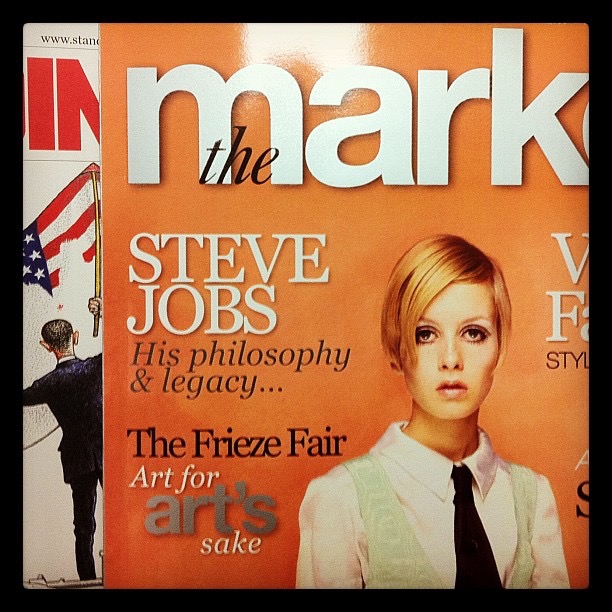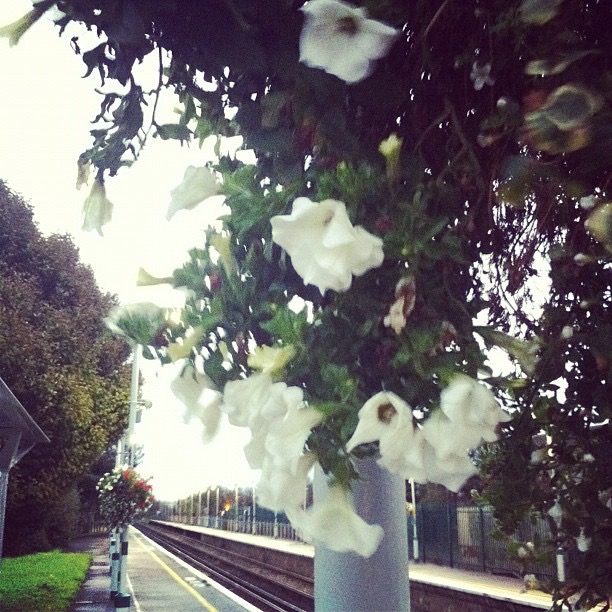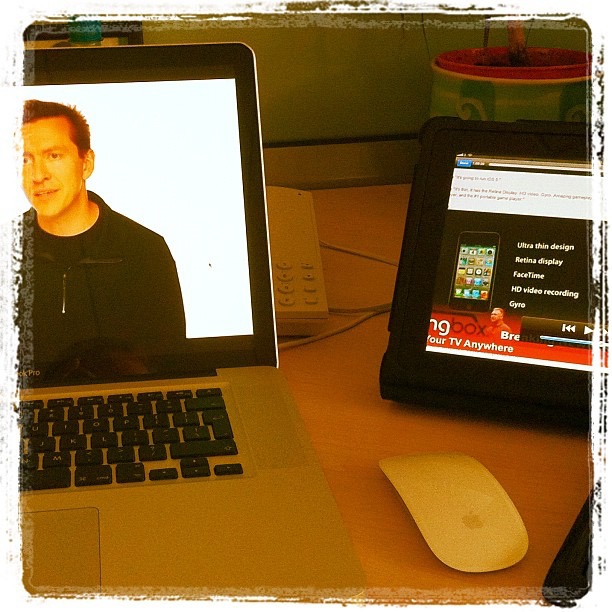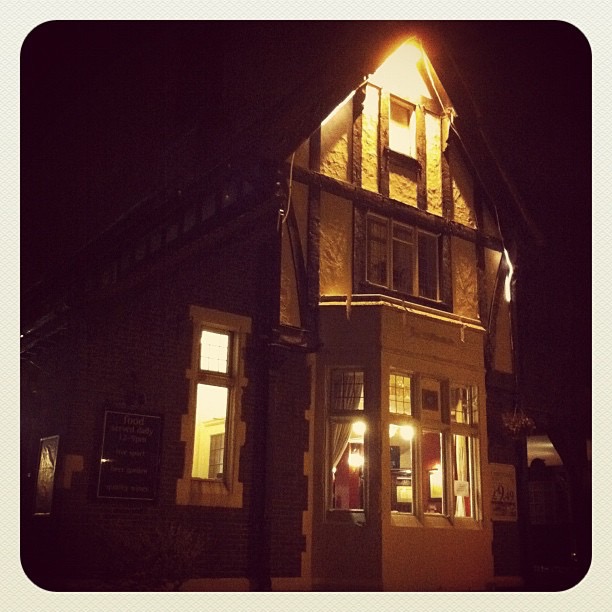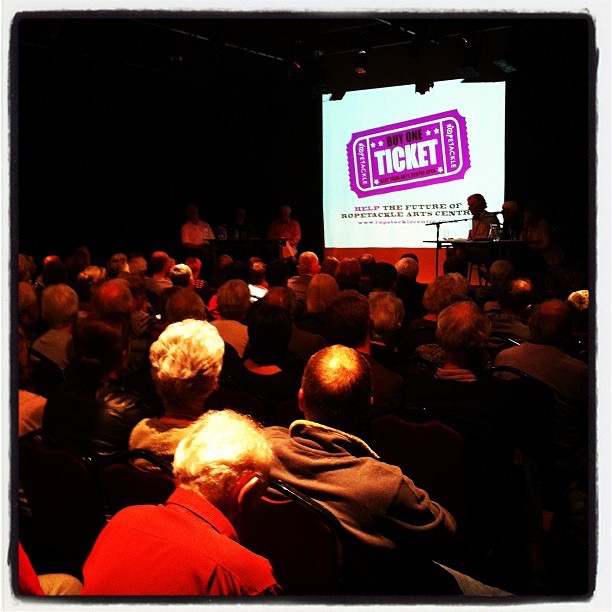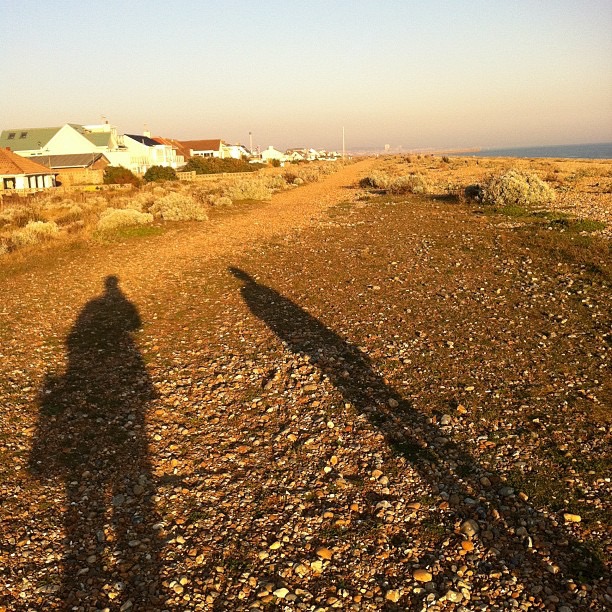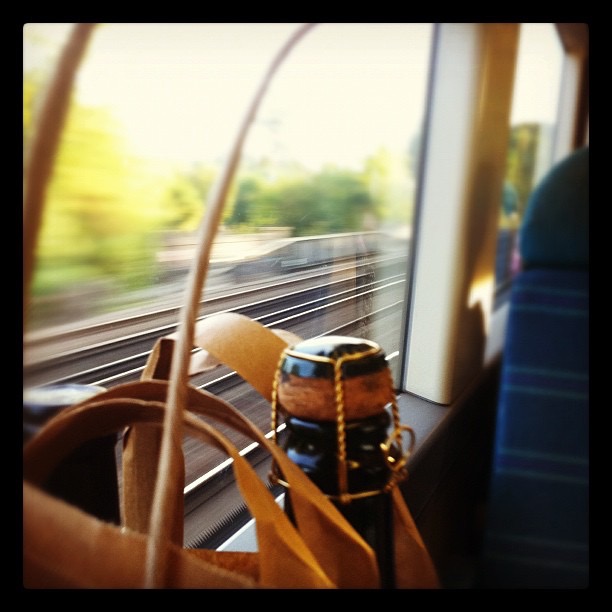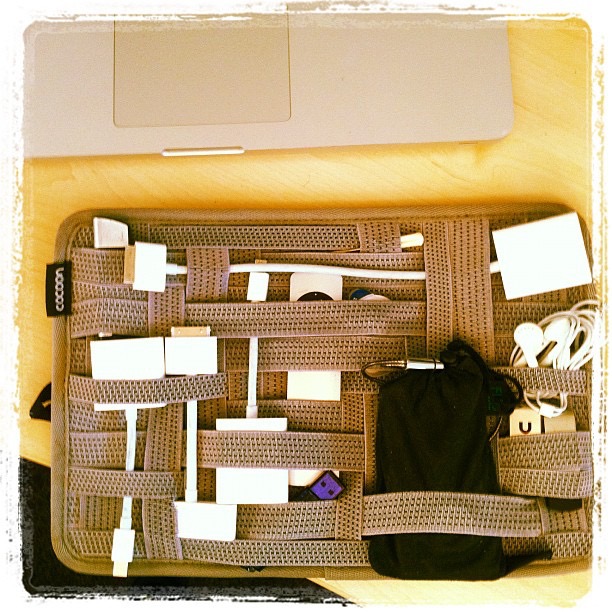Why (phone) size matters
One big advantage of a 3.5-inch display: with average-size hands, your thumb can reach any pixel on screen more comfortably while holding the phone one-handed. Judging from my email, many proponents of bigger screens — those who are disappointed that the iPhone 4S doesn’t sport a 4-inch display — see no such trade-off. Bigger is better, period, they say, and anyone who says otherwise is in denial that Apple is falling behind its competition. But by that logic, 5-inch screens would be better than 4-inch ones, and 6-inch screens better still. That’s silly. Bigger is not necessarily better for handheld/pocket devices.
This.




